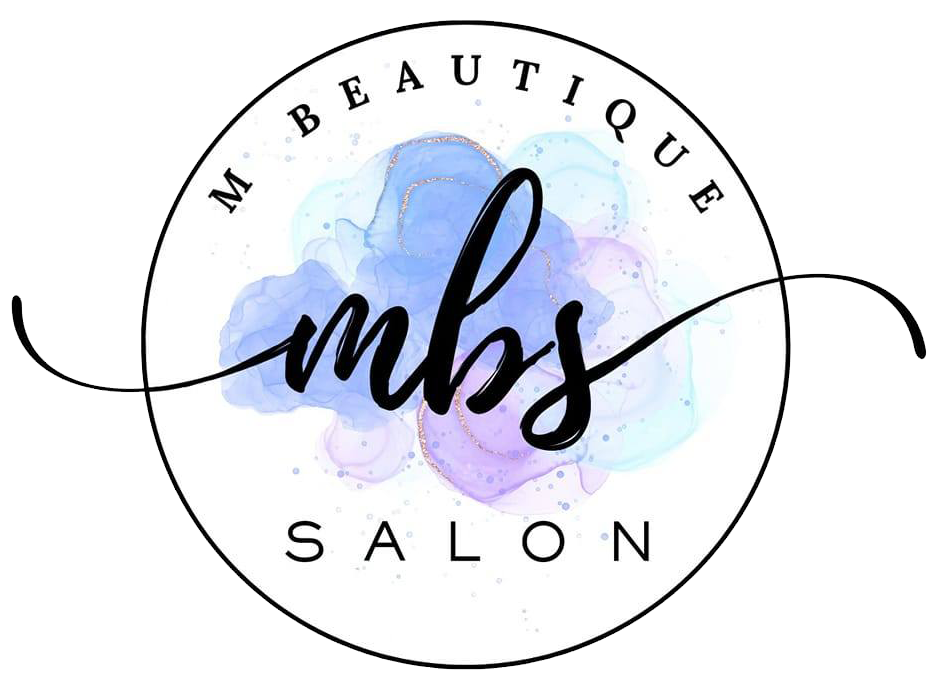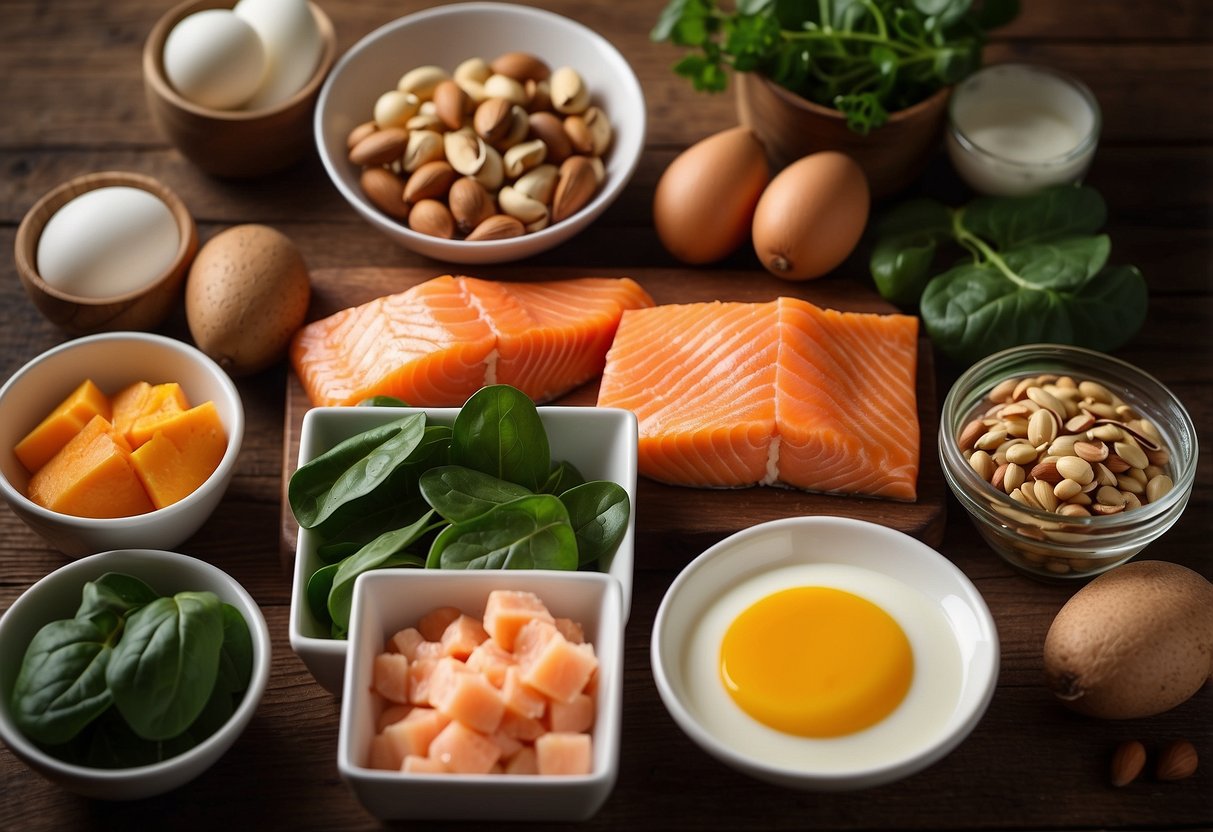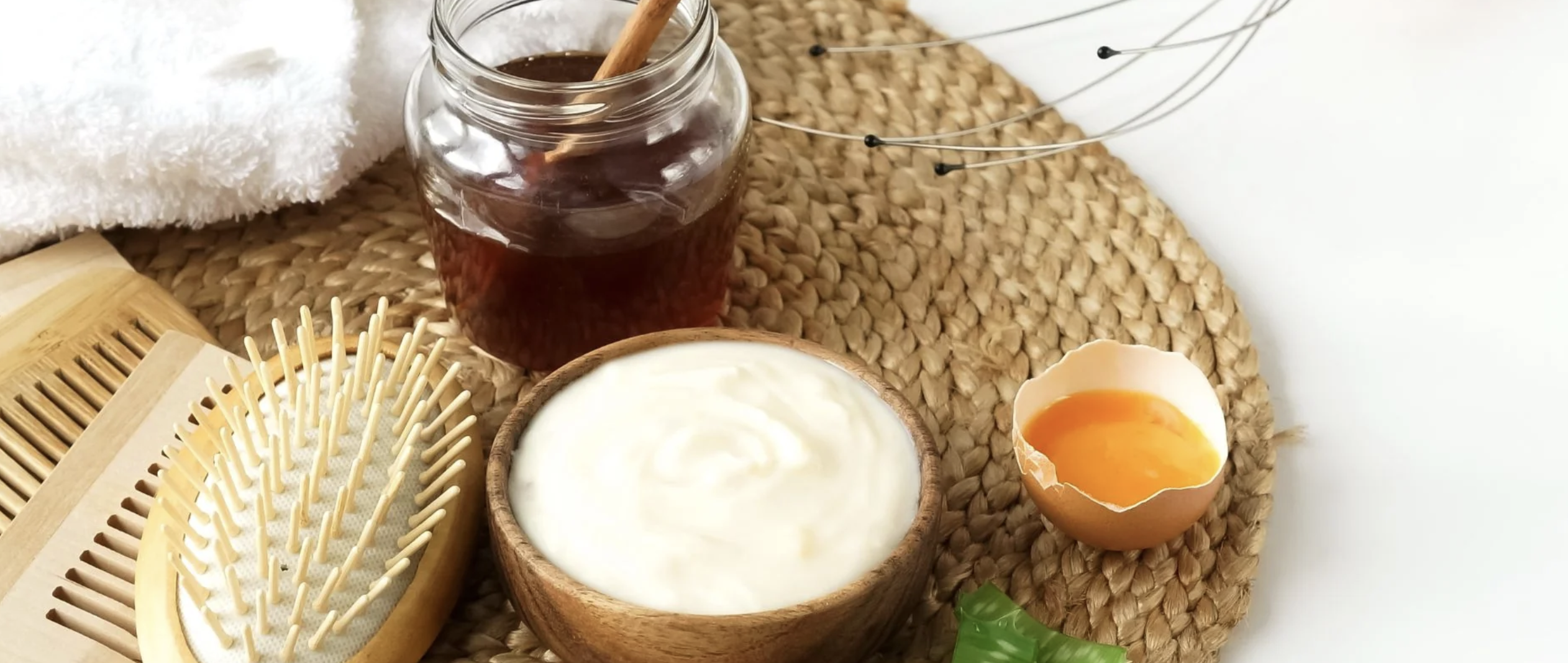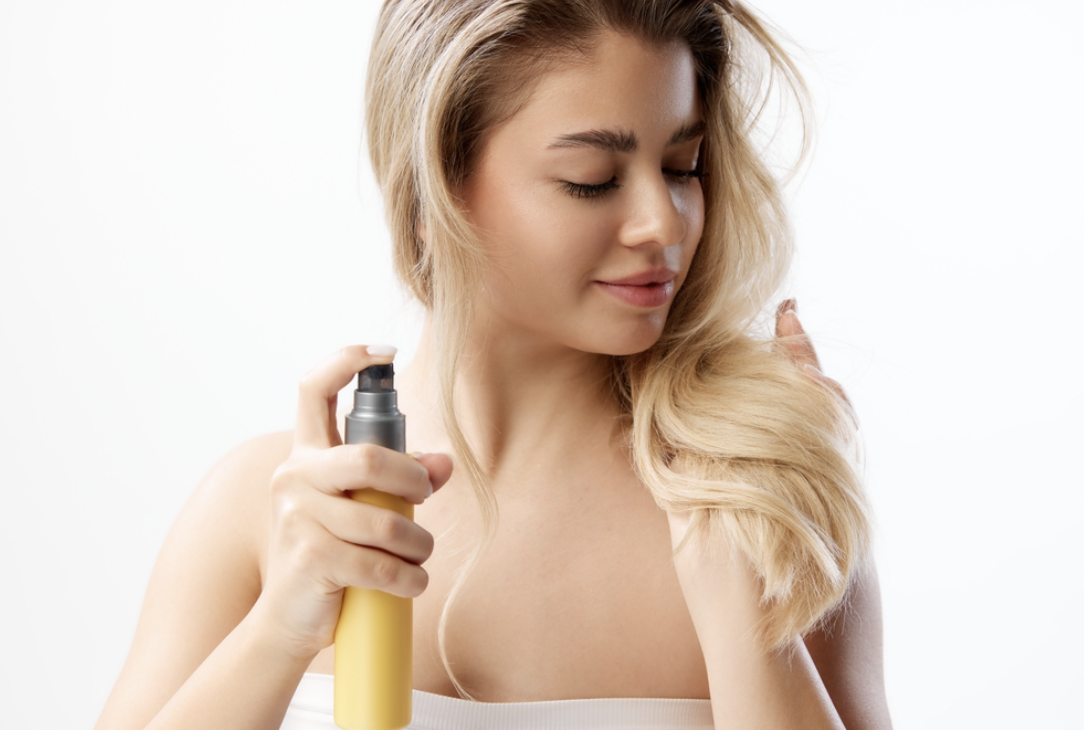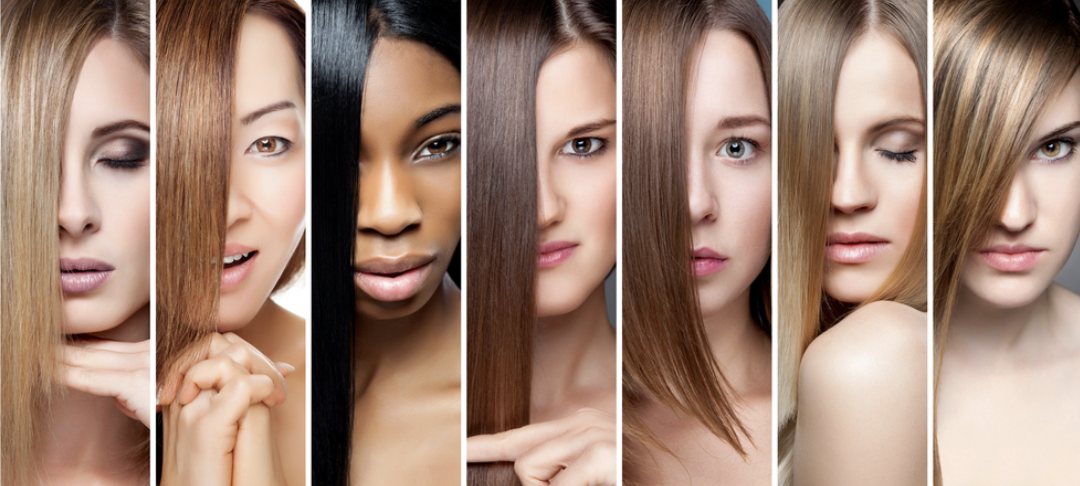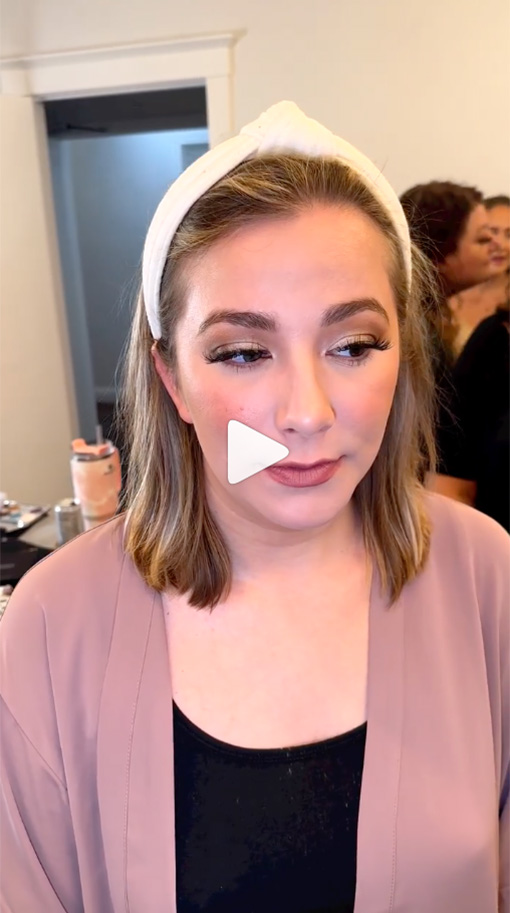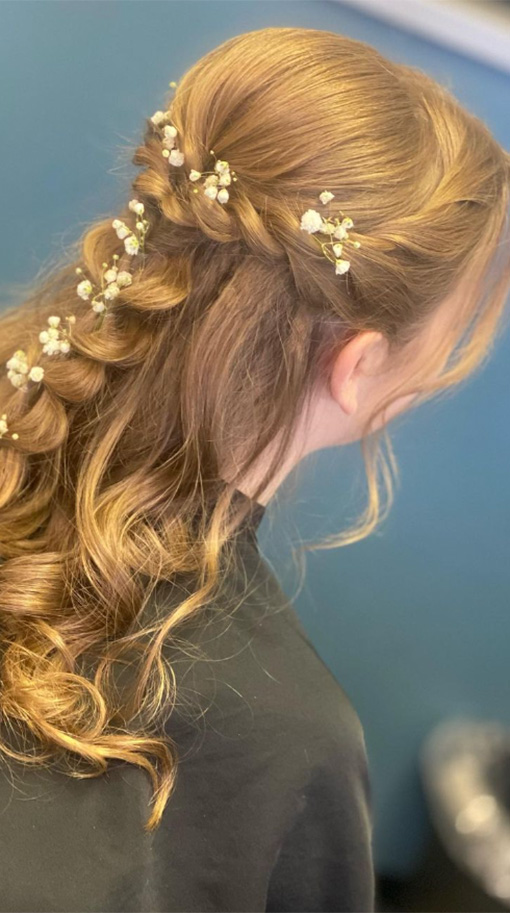Achieving healthier, stronger hair often starts with the right diet. Certain foods are rich in nutrients that support hair health and overall well-being. Incorporating these foods into your meals can significantly improve the strength and appearance of your hair.
Fatty fish like salmon and mackerel are excellent sources of omega-3 fatty acids, which promote shine and nourish hair follicles. Nuts and seeds, such as walnuts and flaxseeds, provide vital vitamins and minerals that support hair growth. Including a diverse range of nutrient-rich foods is key to maintaining vibrant, strong hair.
Leafy greens, like spinach, offer iron and vitamin A, nutrients essential for hair growth. Proteins from sources like eggs and grilled chicken can help build and strengthen hair. Meanwhile, avocados provide healthy fats and vitamin E, crucial for maintaining a healthy scalp. By focusing on a balanced diet filled with these nutrient-dense options, anyone can enhance their hair’s health and vitality.
The Science of Hair Growth
Hair growth is a complex process influenced by multiple factors, including nutritional intake and genetic predisposition. This section covers the crucial roles of vitamins, minerals, age, and genetics in the health and growth of hair.
Role of Vitamins and Minerals in Hair Health
Vitamins and minerals are vital for maintaining healthy hair. Vitamin A aids in sebum production, keeping the scalp moisturized. Biotin, also known as vitamin B7, is essential for keratin formation, a key protein making up hair structure.
Zinc and iron are minerals that contribute to hair follicle health. Deficiencies in these can lead to hair loss and weakened hair strands. Vitamin E and C assist in collagen production and protect hair follicles from oxidative stress. Omega-3 fatty acids found in fish like salmon help maintain the thickness and shine.
Impact of Age and Genetics on Hair
Age and genetics have significant impacts on hair growth. As people age, their hair growth cycle shortens, leading to thinner and weaker hair strands. The production of melanin, which gives hair its color, also decreases, resulting in graying hair.
Genetic predisposition affects the likelihood of conditions such as androgenetic alopecia, commonly known as pattern baldness. This genetic factor influences how hair follicles respond to hormones like dihydrotestosterone (DHT), leading to hair thinning and loss.
Understanding these factors helps in managing expectations regarding hair growth and adopting appropriate care regimens.
Essential Nutrients for Strong Hair
Healthy, strong hair requires a balanced intake of specific nutrients such as vitamins, minerals, proteins, and healthy fats. These components support hair growth, strength, and overall health.
Vitamins and Their Sources
Vitamins play a critical role in maintaining hair health. Biotin, also known as vitamin B7, is essential for hair growth and can be found in foods like eggs and almonds. Vitamin E acts as an antioxidant, reducing oxidative stress on the scalp, and is abundant in nuts and seeds. Vitamin C aids in collagen production and can be found in citrus fruits and bell peppers. Vitamin D is also essential and can be obtained through sunlight exposure and fortified foods.
Minerals Crucial for Hair Follicle Health
Specific minerals are vital for hair follicle health. Zinc supports tissue growth and repair, and a deficiency can lead to hair shedding. Foods rich in zinc include meat and shellfish. Iron is critical for oxygen transportation to hair follicles, and low levels can cause hair thinning. Red meat and leafy greens are excellent sources. Selenium helps with antioxidant defense systems and can be found in Brazil nuts and seafood. Magnesium also plays a role and is present in whole grains and nuts.
Importance of Protein and Healthy Fats
Proteins and healthy fats are foundational for hair structure and health. Hair is primarily made of keratin, a protein that requires amino acids from dietary protein sources such as meat, fish, and legumes. Omega-3 fatty acids promote scalp health and can be obtained from fatty fish like salmon and flaxseeds. Healthy fats from avocados and nuts nourish hair follicles and support shine and elasticity. These fats also help in the absorption of fat-soluble vitamins such as Vitamin A and Vitamin E.
Incorporating these essential nutrients into one’s diet can significantly impact hair strength, growth, and vitality.
Top Foods for Nourishing Your Hair
To support healthier, stronger hair, focus on consuming protein, antioxidants, and healthy fats. Specific foods such as eggs, leafy greens, berries, salmon, and nuts provide the essential nutrients and vitamins needed for optimal hair health.
Protein-Rich Foods for Keratin Support
Eggs are an excellent source of protein, which is essential for keratin production, the protein that makes up hair. Each egg contains around 6 grams of protein, along with biotin and other B vitamins.
Chicken and beef also provide high-quality protein and essential amino acids necessary for hair health. Consuming lean meats can support strong hair strands and prevent breakage.
For vegetarians, lentils, beans, and Greek yogurt offer substantial protein amounts. Lentils and beans not only supply protein, but also iron and zinc, which are important for preventing hair thinning and promoting hair strength.
Fruits and Vegetables High in Antioxidants
Spinach and kale are rich in vitamins A and C, which help in producing sebum, the oily substance that moisturizes the scalp. These leafy greens also provide iron, which is vital for hair growth.
Berries such as strawberries, blueberries, and raspberries are packed with vitamin C, an antioxidant that helps protect hair follicles from damage by free radicals. Vitamin C also aids in collagen production, strengthening hair strands.
Sweet potatoes are a great source of beta-carotene, which the body converts into vitamin A. This vitamin promotes a healthy scalp and can stimulate hair growth. Including a variety of fruits and vegetables in your diet ensures an adequate intake of antioxidants.
Best Sources of Healthy Fats for Hair
Salmon is rich in omega-3 fatty acids that support scalp health and hair shaft hydration. Consuming fatty fish like salmon can reduce inflammation and improve hair density.
Avocados provide healthy monounsaturated fats along with vitamin E, which improves blood circulation and helps hair follicles work efficiently.
Nuts and seeds such as chia seeds, flaxseeds, pumpkin seeds, and sunflower seeds are excellent sources of omega-3 fatty acids, biotin, and zinc. These nutrients help maintain a healthy scalp and promote shiny, well-moisturized hair.
Soybeans are another plant-based option for healthy fats and protein. Incorporating soy products can support overall hair health and provide necessary nutrients not found in other protein sources.
Lifestyle Factors Affecting Hair Health
Healthy hair is influenced by various lifestyle factors, including diet, stress management, and physical activity. Paying attention to these areas can significantly impact hair density, the health of hair follicles, and overall scalp health.
Dietary Patterns for Optimal Hair Nourishment
A balanced diet is crucial for maintaining healthy hair. Nutrients such as iron and zinc play an essential role. Iron deficiency can lead to hair thinning, as iron helps red blood cells carry oxygen to hair follicles. Zinc is vital for hair tissue growth and repair.
Consuming foods rich in omega-3 fatty acids, like fatty fish, supports scalp health and reduces inflammation. Plant-based diets that include leafy greens, nuts, and seeds provide essential vitamins and antioxidants to combat oxidative stress and free radicals, promoting robust hair growth.
Managing Stress and Its Effects on Hair
Stress can negatively impact hair growth cycles, pushing hair into the telogen phase, leading to hair thinning and increased shedding. Chronic stress elevates cortisol levels, which can disrupt hair follicle health.
Practicing relaxation techniques, such as yoga or meditation, can help manage stress. Regular sleep schedules are also essential for reducing cortisol levels. Reducing stress not only improves hair health but also enhances overall well-being.
The Influence of Physical Activity
Regular physical activity boosts blood circulation, delivering essential nutrients and oxygen to hair follicles, supporting their health and growth.
Engaging in exercises like brisk walking, cycling, or swimming enhances energy levels and reduces inflammation, which can affect the scalp’s health. Physical activity also helps manage weight and improves immunity, both of which contribute to hair vitality.
In conclusion, incorporating a balanced diet, managing stress effectively, and maintaining an active lifestyle can significantly benefit hair health, promoting stronger and healthier hair.
Frequently Asked Questions
Eating specific nutrient-dense foods can significantly enhance hair growth, thickness, and strength. Adjusting your diet can also help in preventing hair loss and thinning, while certain fruits and foods promote overall hair and skin health.
Which top foods can help in promoting hair growth and thickness?
Foods rich in omega-3 fatty acids, such as salmon, sardines, and mackerel, promote hair growth. Eggs, packed with biotin, are crucial for hair thickness. Dark leafy greens, like spinach, provide essential vitamins for stronger hair.
How can I prevent hair loss through dietary changes?
Increasing intake of protein-rich foods like Greek yogurt and lean meats is beneficial. Including foods high in vitamin A and C, such as sweet potatoes and bell peppers, can help reduce hair loss. Nuts and seeds are excellent for providing necessary healthy fats.
What are some effective foods for preventing hair thinning?
Eating fatty fish like trout and salmon helps in preventing hair thinning due to their omega-3 content. Walnuts are another good option because they contain essential fatty acids and proteins.
Can you name some fruits that are best for enhancing hair strength?
Avocados are an excellent choice due to their healthy fats and vitamin E content. Berries, rich in antioxidants and vitamins, support hair strength and health. Citrus fruits like oranges provide vitamin C, which aids in collagen production.
What are the best foods for fostering healthy hair and skin?
Consuming a diet with fatty fish, nuts, and seeds ensures the intake of essential omega-3 fatty acids. Dark leafy greens, like kale and spinach, supply vital nutrients that foster healthy hair and skin. Eggs and lean meats are good sources of protein and biotin.
How to improve hair strength and vitality through nutrition?
Eating a balanced diet that includes a variety of nutrient-rich foods is key. Greek yogurt and peanut butter provide protein, which is a building block for hair. Incorporating vegetables like sweet potatoes, which are rich in beta-carotene, also supports hair vitality.
